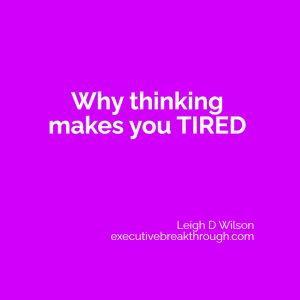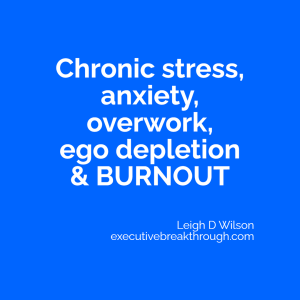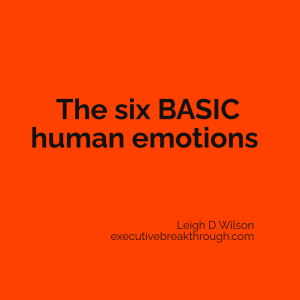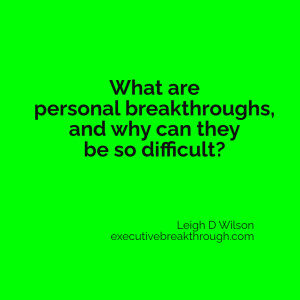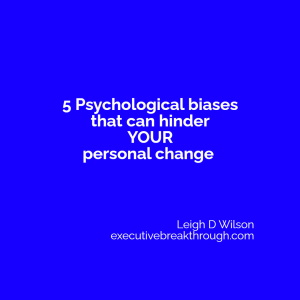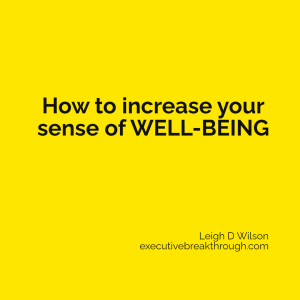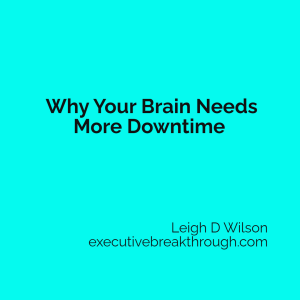“Happiness consists more in small conveniences or pleasures that occur every day, than in any great pieces of fortune that happen but seldom.”
Benjamin Franklin
Human beings are amazingly adaptable. We only need to consider how mankind has satisfactorily inhabited the extremities on the surface of the Earth , from the cold and dampness of the subzero temperatures of the Arctic Circle to the arid dryness of deserts in lands close to the equator.
And as individuals we are able to adapt, whether it be when facing personal tragedy and hardship or when Fortune smiles upon us.
Researchers in the US followed a group of people who had become physically disabled as a result of serious accidents to the extent that their mobility and their lives became severely limited.
Not unexpectedly, these people were very unhappy in the months immediately following their misfortune, but over time, it was found that their happiness eventually improved until it was almost at its usual level.
It appeared that, as they became accustomed to the restrictions of their disabilities, their expectations changed and they became as content with their reduced possibilities as they were before their accidents.
More generally, as a group, it has been found that physically disabled people report happiness levels quite similar to those of the broader population.
The exception to this is when physical conditions or illnesses cause chronic pain or exhaustion.
On the other hand, researchers in the UK and the US followed groups of people who had won large prizes in lotteries and found that, while their happiness increased greatly in the short term, over a period of a year or more, it generally returned to its original base level.
So when comparing the happiness levels of people who had been badly paralysed in accidents with those who had won major prizes in lotteries there was no significant difference in happiness when measured 12 or more months after the major life changing event.
When you think about it, If wealth by itself produced happiness, all the wealthy movie and sports stars, celebrities and entrepreneurs would be the happiest people in the world and the poorest people would be the unhappiest.
This is clearly not so.
So, while many of us might expect that a sudden increase in wealth will produce a sudden increase and permanent improvement in our happiness, the research shows that this is generally not so.
While working in Afghanistan recently, I met some people who were incredibly poor by Western standards, people living not only in relative poverty but also under extremely life-threatening conditions. Yet I certainly did not get the impression that they were any less happy than those of us living in modern Western cities.
Of course, we might be extremely happy when we first drive our brand-new car, but, the excitement and happiness will generally wear off so that driving it just feels normal.
Psychologists call this “hedonistic adaption”.
This same capacity to adapt that enables us to accept unfavourable circumstances, generally bringing our happiness and satisfaction back to the norm, also acts in favourable circumstances, so that the big boost in happiness produced by a pleasant event also slowly wears off.
This of course does not mean that wealth is bad. Wealth enables more comfortable and healthy living, as those with moderate and better wealth can afford healthier food and lifestyles, along with better medical support.
This can contribute to their base level of happiness as well as their longevity and other positive benefits.
Importantly, the hedonistic adaption that can accompany an increase in wealth can be reduced if care is taken in the way that the wealth is used.
For example, if it is used for a greater good or purpose aligned with a person’s core values, it can give a deep satisfaction and longer lasting happiness.
Furthermore, as explained by Benjamin Franklin, if the wealth is used to produce numerous smaller, memorable, happy experiences, hedonistic adaption can be minimised and a person’s happiness increased on a continuing basis.
Which, after all, is undoubtedly something that each of us is pursuing.


